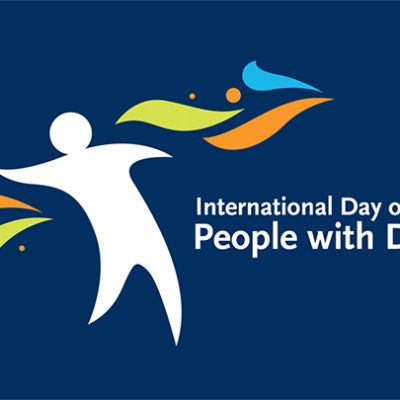
An Albanese Government review into Australia’s treatment of migrants with disabilities and permanent health conditions has branded its approach outdated and called for an overhaul as desperate families face removal from the country. Source: The Age.
The Department of Home Affairs report published this month wants permanent skilled migrants with health issues; disabled, Australian-born children; and people with manageable conditions such as HIV to be given greater opportunities to stay.
“It is possible that existing settings may currently act as a deterrent for skilled migrants with a child with a disability or a skilled migrant with a chronic condition,” the report said, as Australia competes for the best global talent amid an economy-wide skills shortage.
The Government has acted on five of the 11 recommendations but is yet to commit to another five and is reviewing another.
A controversial migration exemption from the Disability Discrimination Act allows the Government to order the removal of families.
It uses a mechanism called the “significant cost threshold” to decide whether the lifetime care for a person with a disability or long-term condition is too costly for the public purse.
Immigration Minister Andrew Giles in October ordered a departmental review of the system, including the threshold, which this month went from $51,000 to $86,000 over 10 years for permanent visas, meaning applicants whose costs are forecast to exceed that amount are rejected.
But Jan Gothard, from immigration advocacy group Welcoming Disability, said that was not enough.
“It still leaves us well out of step with New Zealand,” Dr Gothard said. New Zealand’s threshold is $81,000 over five years.
She said the new threshold still excluded many people with manageable conditions.
A spokesperson for Mr Giles said increasing the threshold was one of several recommendations from the review already implemented.
“The Government will consider additional findings in due course,” the spokesperson said.
FULL STORY
Rethink urged on ‘outdated’ treatment of migrants with disabilities (By Angus Thomas, The Age)






